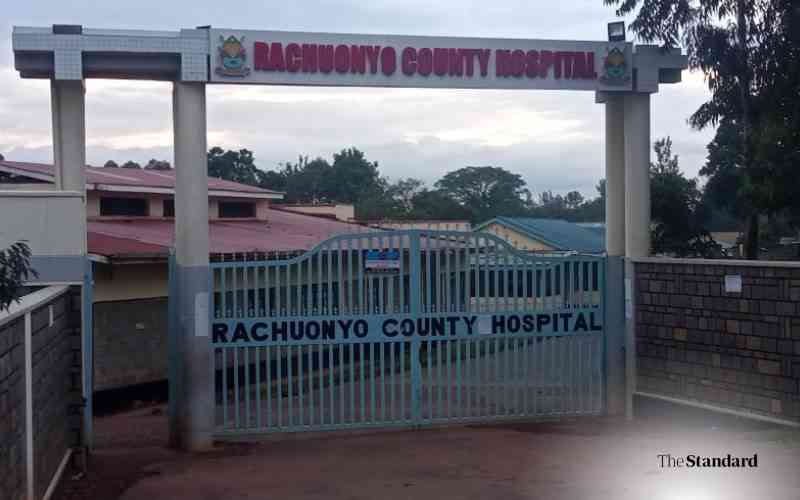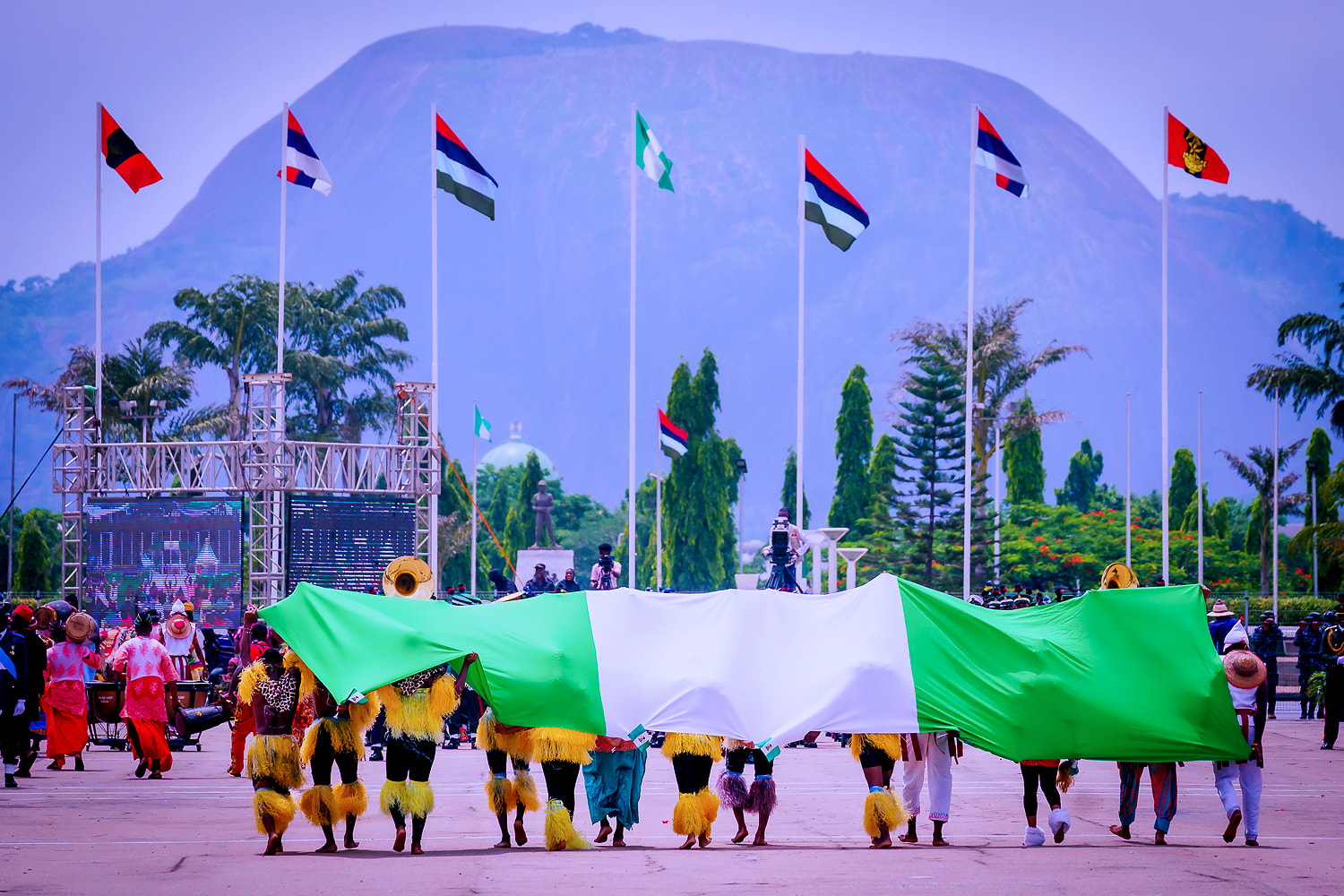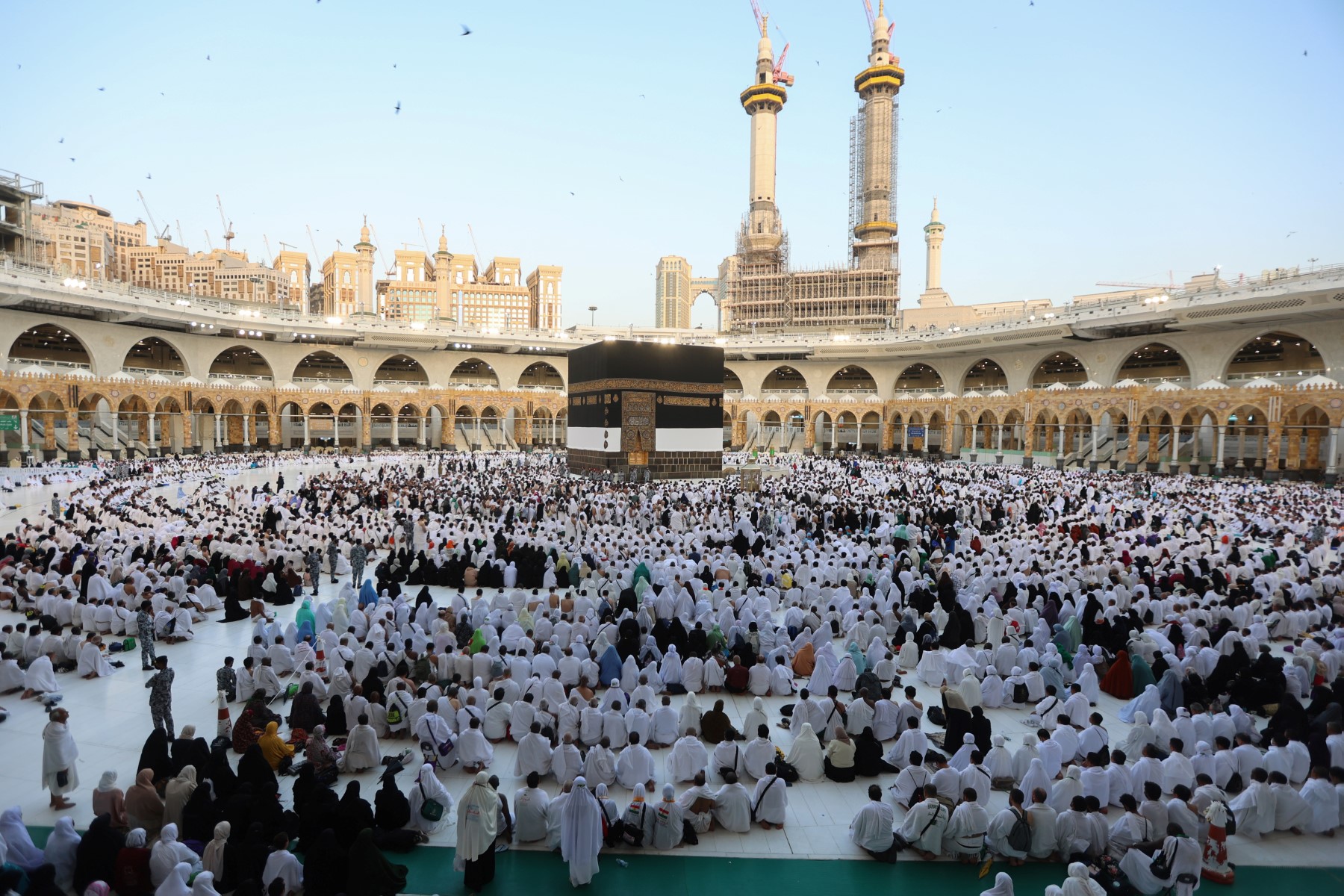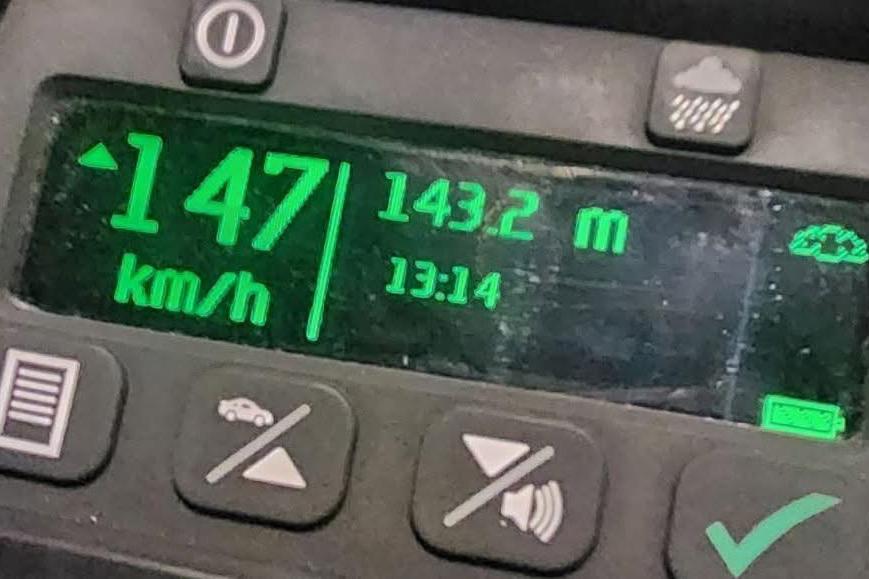Kenya: MPs Demand Gachagua's Arrest Over Ethnic Incitement - allAfrica.com
Nairobi — Members of Parliament have called for the immediate arrest of former Deputy President Rigathi Gachagua over what they termed as inciteful and dangerous remarks reminiscent of the 2007 post-election violence.
The debate was triggered by an adjournment motion moved by Minority Whip Junet Mohamed, citing threats made by Gachagua that he claimed could plunge the country back into ethnic conflict.
Mohamed accused Gachagua of fueling ethnic tensions and undermining national unity.
"It is a very sad thing to have someone who served as Deputy President incite people to violence. But I am glad this House, in its wisdom, impeached him. Now Kenyans understand why. The same man we removed is propagating hate, calling for displacement, and threatening civil conflict," Mohamed said.
Junet described Gachagua's rhetoric as divisive and reckless, accusing him of pushing a narrative that invalidates the citizenship of those who disagree with his politics.
"He tells Kenyans that unless they follow his direction, his party, his wild thoughts of exclusion and discrimination, they are not valid Kenyans. This is a man who has lost his head and now wants to take the country to the brink," he said.
MPs across the political divide supported Junet's sentiments, sharply criticizing Gachagua for invoking painful memories of the 2007 violence.
Majority Leader Kimani Ichung'wah condemned Gachagua's comparison of the 2007 bloodshed to a festive event, despite the devastating impact of the post-election violence in the country.
"This is not just a man with a dark heart -- it is a man with a dark soul. For someone to equate the 2007 violence to a Christmas party is unconscionable. That bloodshed is the very reason we have institutions like the NCIC today," Ichung'wah stated.
Legal action
Rarieda MP Otiende Amollo pushed for legal action, suggesting that Parliament initiate a constitutional petition to bar Gachagua from holding public office.
"No one should refer to those events lightly. To do so is dangerous. It's because of the 2007 post-election violence that we have the NCIC, EACC, and others. This is not just about politics; this is about our country. We, as a House, impeached the DP on grounds including his failure to uphold the dictates of the office," he stated.
Amollo also noted that Gachagua's impeachment was partly based on his failure to uphold the dignity of his office, urging the NCIC, the Inspector General of Police, and other relevant institutions to act swiftly.
"It might be important for the Speaker to guide this House on whether we can invoke the Constitution through a petition to block Hon. Rigathi Gachagua from holding any state or public office. NCIC must step up and do what it must to handle this matter," he noted.

Sign up for free AllAfrica Newsletters
Get the latest in African news delivered straight to your inbox
Uasin Gishu Woman Representative Gladys Boss Shollei criticized the NCIC for failing to take appropriate action, accusing the commission of selectively applying the law.
"On behalf of the people of Uasin Gishu, we are offended. The NCIC must be held accountable. Why hasn't the former Deputy President been arrested? There must be no double standards in the application of justice," she stated.
Ethnic-based mobilization
South Mugirango MP Sylvanus Osoro accused Gachagua of intentionally evoking fears of a return to ethnic-based political mobilization and violence for his own political gain.
"I think it's about time we advise him to see a psychiatrist. He needs a mental check because it's quite unfortunate that everything he says is about his village. That is a disease I call 'village-isis' -- when you wake up and the only place you care about is one village. Even the meetings you hold are in one village," Osoro said.
However, Funyula MP Wilberforce Oundo criticized lawmakers for calling for Gachagua's arrest, warning that suppressing free speech could lead the country into anarchy.
"The danger of killing the messenger is believing that you've killed the message. It's important that we listen -- even if it's the devil speaking, allow Kenyans to hear it," Oundo said.
"We could have debated more important matters, but instead we are discussing a political non-entity. We must learn from history. A nation that doesn't learn from its history is doomed to spiral into anarchy," he added.













